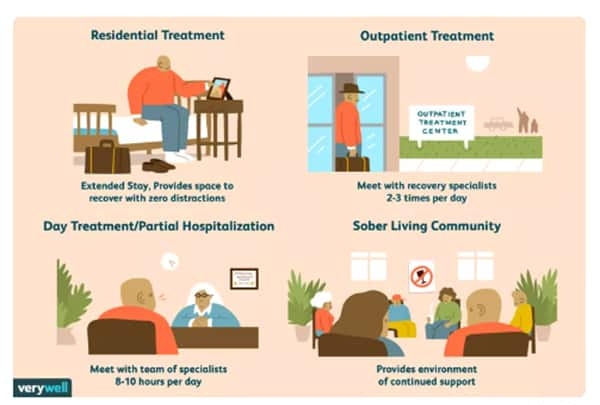Navigating Family Dynamics in Recovery

“Remember, your past does not define you. Don’t forget that there are people who believe in you and are cheering you on. You’ve come this far, and your perseverance will carry you through.”
– Karen G.
As a reentry program director in California, Karen has helped many individuals navigate reentry and family reunification. This may be even harder if you are in recovery. We hope her message here provides you with inspiration and support.
If you are on the journey of recovery, congratulations! You have put in the work, and you are determined to never go back to the life you had. You’re motivated, pressing forward, and one of your greatest wishes is to have your family be proud of you, and see the new person you’ve become. Yet you may sense they still don’t fully trust the path you’re on and continue to worry. You may wonder how long it’s going to take for them to realize that you are truly a changed person, and sometimes their reactions can trigger you to want to give up. Please know, that you are not alone in this struggle.
It’s common to face skepticism and uncertainty from loved ones. Oftentimes, when people move away from a life of substance abuse and move toward sobriety, the people close to them remain cautious because they may have seen this pattern before. Take heart, it won’t last forever. The best way to re-establish trust is through action. There are steps you can take and things to remember to help you navigate.
Focus On “You” First
Take time to reflect on your journey and how far you’ve come. Self-worth is not defined by others. Look inward. Write yourself a letter and list your strengths and qualities that brought you to this point. Reflect on the obstacles you’ve faced and write down how you overcame each one. Envision your future and write down the goals you’ve laid out for yourself and what you’re not willing to give up. Be proud of yourself, and when you have a difficult day, read the letter!
Find Support
The single greatest tool you can put in your “sobriety toolbelt” is having support you can reach out to during the good times and the bad. It’s common to have the expectation that family will be the strongest source of support, but remember, family gets triggered too, and because they are so close to you, it may be harder for them to understand all the challenges you face. A support person will be someone you can lean on when times get tough and will never judge you.

Start & End Each Day with Gratitude
Research suggests we as humans have a “negativity bias.” We are prone to focus on the negative things in our life rather than the positive, but we have the power to change that! Search for, and dwell on, the good things that happened in your day. Deal with the challenges head-on, and then focus on your resiliency to get through them. A helpful way to become more optimistic is to keep a gratitude journal. At the end of each day, find three things for which you are grateful. Try this for 30 days, and watch your brain start to rewire toward positivity!
Decide on Next Steps with Your Family
Now that you have focused on you, and strengthening your foundation of recovery, decide what it is you want to have happen in the relationship with your family. Do you want them to understand how you feel? Do you want to seek to understand how they feel? Once you have decided on a path, plan to carry it out. Practice with your support person what the conversation will look like. Focus on the issues, not the people or person you’re talking to. Make sure to find a time that works for everyone involved, and if something comes up that looks like it might not be the right time. It’s okay to reschedule as you want everyone to be ready with open minds. Remember, practice patience and gratitude; family reunification and healing takes time.


